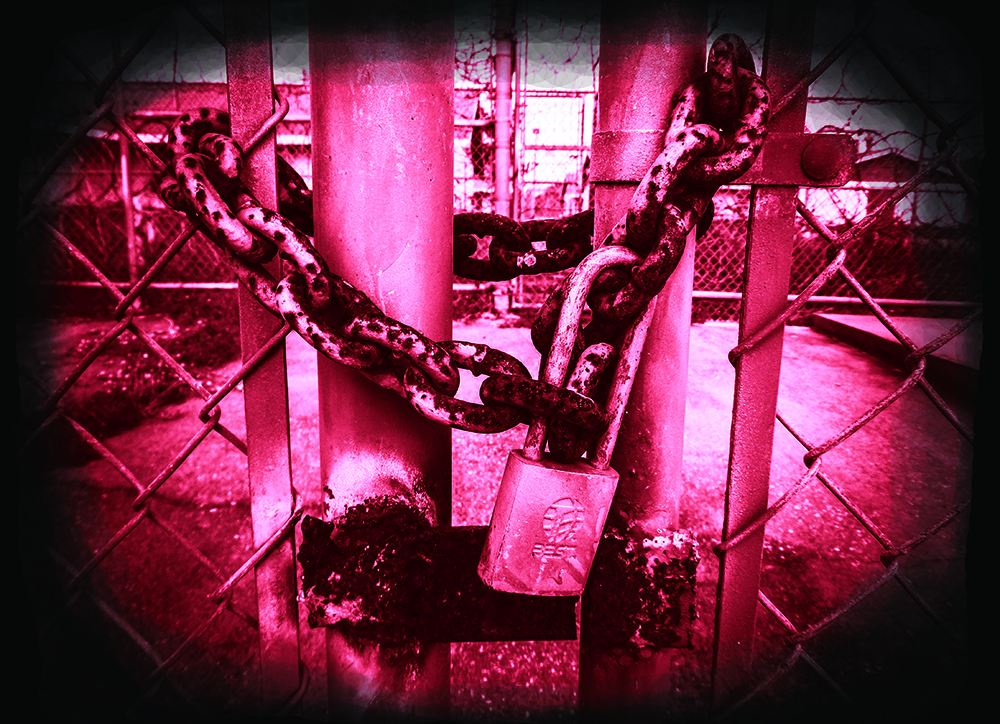Kanchi Uttamchandani | Assistant News Editor
Featured image: Scholars are at higher risk than before in wake of sustained political confinement of academic freedom. | Courtesy of Jodylehigh
Recently, higher education communities in Canada and around the world have come under increased scrutiny and attack, particularly academic scholars who experience government surveillance, censorship and detainment owing to their research activities or links to particular political groups.
The high-profile case of Concordia professor Homa Hoodfar caught international media attention, highlighting how authoritarian Middle Eastern regimes can be intolerant toward progressive research or intellectual pursuits, perceiving it as a threat to their national security and accusing such intellectuals of spreading propaganda.
York film professor John Greyson was arbitrarily detained three years ago in Egypt along with his friend, Tarek Loubani, an emergency physician from Western University.
This particular incident triggered strong reactions from the York community, and President Mamdouh Shoukri issued an official statement urging Egyptian authorities to expedite their inquiry and release the two men without any further delay.
A U of T doctoral student, Alexander Sodiqov, was carrying out research on civil society in Tajikistan when he was detained on charges of treason and espionage. Soon thereafter, Edward Schatz, Sodiqov’s supervisor and political science professor, orchestrated a global campaign to demand his release.
A common thread running through each of these cases is the intervention of the scholars’ respective universities, highlighting an institution’s responsibility toward its scholars who are detained or face censorship.
“Being a part of an academic community is so much more than just enrolling as a student or going to your place of work. You enter into a sort of unspoken contract wherein you join the millions upon millions of people in history who have committed to changing this world for the better through educational endeavours,” says Yun Lin, president of Amnesty International at York.
Lin adds that the Canadian government should take further action and responsibility for their citizens who become imprisoned overseas for reasons of conscience.
“As a country that’s commonly perceived as a champion for human rights, a citizen’s rights cannot cease with geographical boundaries,” she says.
YUFA President Richard Wellen agrees: “We would condemn any restrictions on research or efforts to censor, and we count on the government to protect Canadians abroad.”
While recognizing the role played by universities and government, Wellen maintains that scholars themselves need to exercise caution as they are the best judges of when and how they should speak out on certain issues.
“We need to be extremely cautious about installing any policy by universities to interfere with or constrain the research of its scholars due to the threat this would impose on academic freedom. This is not to say that institutions should not support researchers who take risks, including helping them carefully navigate those risks or become more informed about them,” he says.
Wellen emphasizes that the first step to engage with such issues is to educate oneself about the potential for restrictions on academic freedom in all its forms.
“We also need to empower students and faculty to approach institutions and government with these concerns and to remind them of their role in being outspoken in support of academic freedom and those who take risks in defence of it,” he states.
Arabic studies professor Walid El Khachab believes that it is vital to preserve academic freedom, as it ensures critical and continuous production of knowledge, even if it is not entirely tailored to suit governments’ ideologies, pressure groups’ agendas or corporate demands.
“The rationale behind protecting academic freedom is to ensure that any scholar can produce knowledge, even if that knowledge challenges common misperceptions in society or crosses red lines established by the government,” he says.
Attacks on academic freedom bring forth the important question of whether censorship of academic research is justified.
Third-year anthropology and political science student Vishwaveda Joshi believes the idea of censorship is counterproductive.
“Censoring is a tool for the government to enforce their authority on people. Are authoritarian people really worried about protecting the national interests of the people? Or are they using this as an instrument to protect interests of the few?” she argues.
Joshi reasons that the power of academic research permeates public consciousness, hence political efforts to censor it are rendered ineffective.
Wellen points out that academic freedom is not just for scholars and university students, but has implications for society in general, arguing that the progress of ideas depends a great deal on preservation of academic freedom.
“Society should place a high value on the unique role of higher education institutions in safeguarding the right to be critical, take unpopular positions [and] say things that might be unconventional or risky,” he says.
Maintaining academic freedom lies in the public interest as it is a matter of human rights, civil freedoms and the improvement of academia. Fighting to free scholars who are detained abroad involves diplomatic dialogues, government negotiations, a coordinated effort by educational institutions and faculty and the support of those pursuing higher learning.



